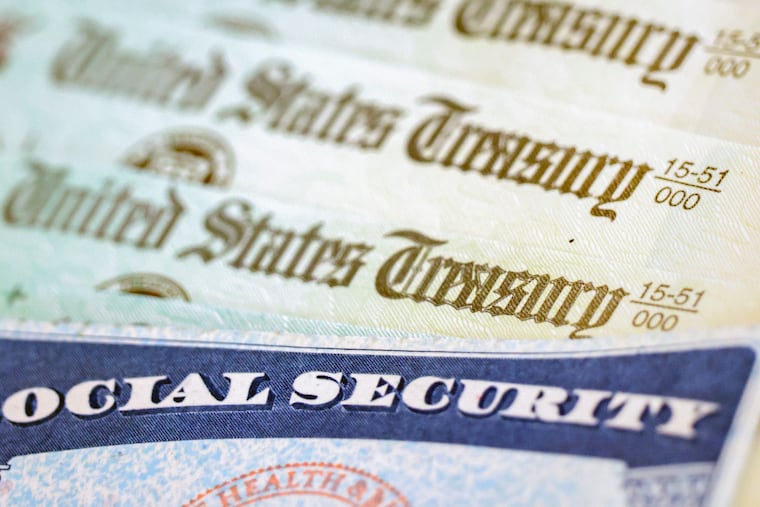Trump administration begins arrests of protesters, confirming long-standing strategy.
In the early hours of a recent morning, Bajun Mavalwalla II was apprehended as federal agents conducted a series of high-profile arrests linked to protests against the deportation of young Latino immigrants in Spokane, Washington. This incident is a culmination of events stemming from a chaotic demonstration that occurred on June 11, during which protesters rallied against the U.S. government’s abrupt revocation of work permits for two immigrants—a Venezuelan and a Colombian.
During that protest, authorities warned participants about the potential for arrests if they obstructed a vehicle designated to transport the detained individuals. Despite these warnings, the rally saw the arrest of approximately 30 individuals, highlighting tensions between local activists and federal law enforcement. Following this, Mavalwalla, along with eight other participants—including former Spokane City Council President Ben Stuckart—faced federal felony charges for their roles in the demonstration. Specifically, they stand accused of conspiring to impede law enforcement, with additional assault charges brought against two of the alleged ringleaders.
The May 2025 arrests in Spokane have largely escaped national attention, yet they pose significant implications for civil liberties and the ongoing debate over immigration policy in the United States. The Trump administration recently allocated billion to increase the number of Immigration and Customs Enforcement (ICE) officers and billion for detention centers, thus raising concerns about the establishment of a de facto national police force.
This strategy not only aims to enforce stricter immigration controls but also to deter public dissent against governmental policies. The aggressive crackdown on protesters, such as those associated with the Spokane rallies, offers a glimpse into the administration’s broader agenda. Critics assert that this pattern of repression targets not only immigrants but also their allies, silencing voices advocating for social justice and human rights.
The situation unfolds against a backdrop of increased national mobilization against perceived authoritarianism, with millions recently participating in street protests against the administration’s policies. As the anniversary of civil rights leader John Lewis’s passing approaches, activists frame their actions as “Good Trouble,” a reference to Lewis’s philosophy of nonviolent protest. As demonstrated by the Spokane protests, the line between lawful dissent and criminality appears increasingly blurred in the current political climate.
Democratic leaders, including Spokane’s mayor, have condemned the recent arrests as politically motivated actions undermining the justice system. This growing discord suggests a cycle of escalating arrests and protests, with long-term ramifications for public opinion and civic engagement in the U.S.
The Spokane arrests signal a pivotal moment in the ongoing struggle for immigrant rights and the broader implications of resistance against an authoritarian approach to governance. As federal authorities exert tighter control, the fight against the systematic targeting of dissenting voices faces significant challenges, reminding the nation of its historical battles for civil rights and justice.







